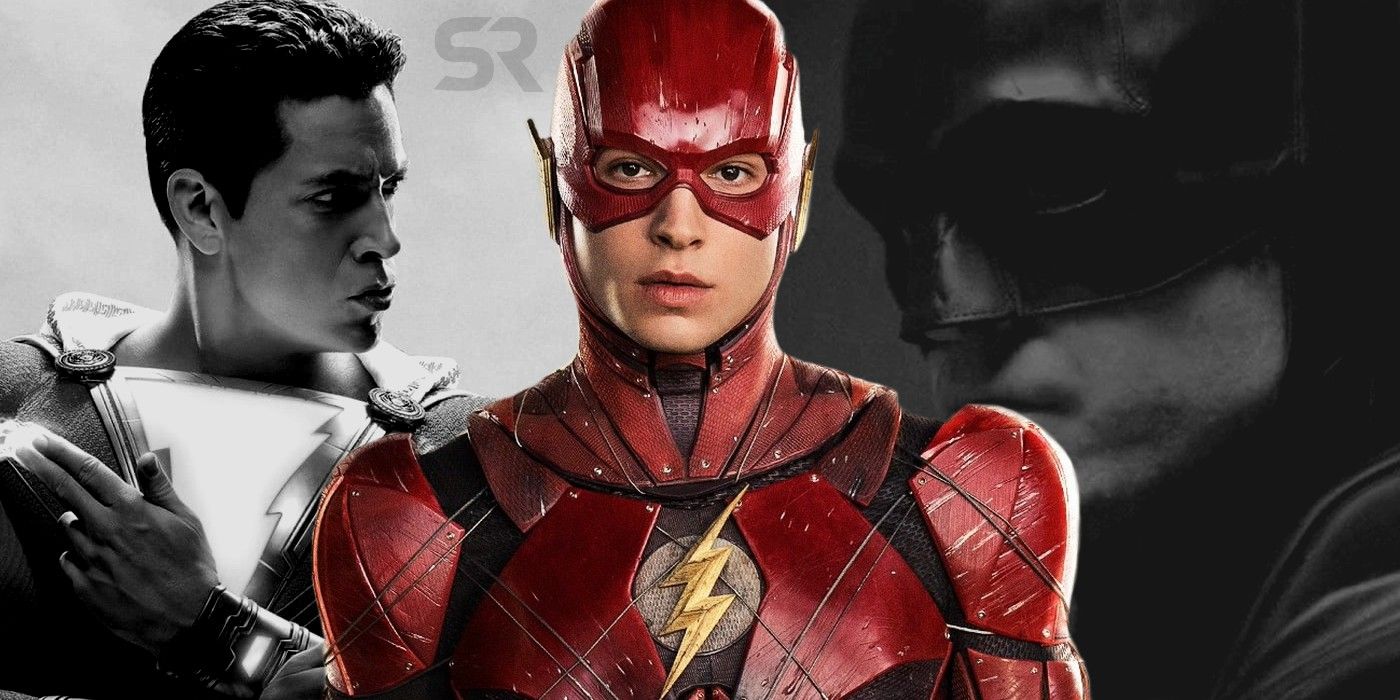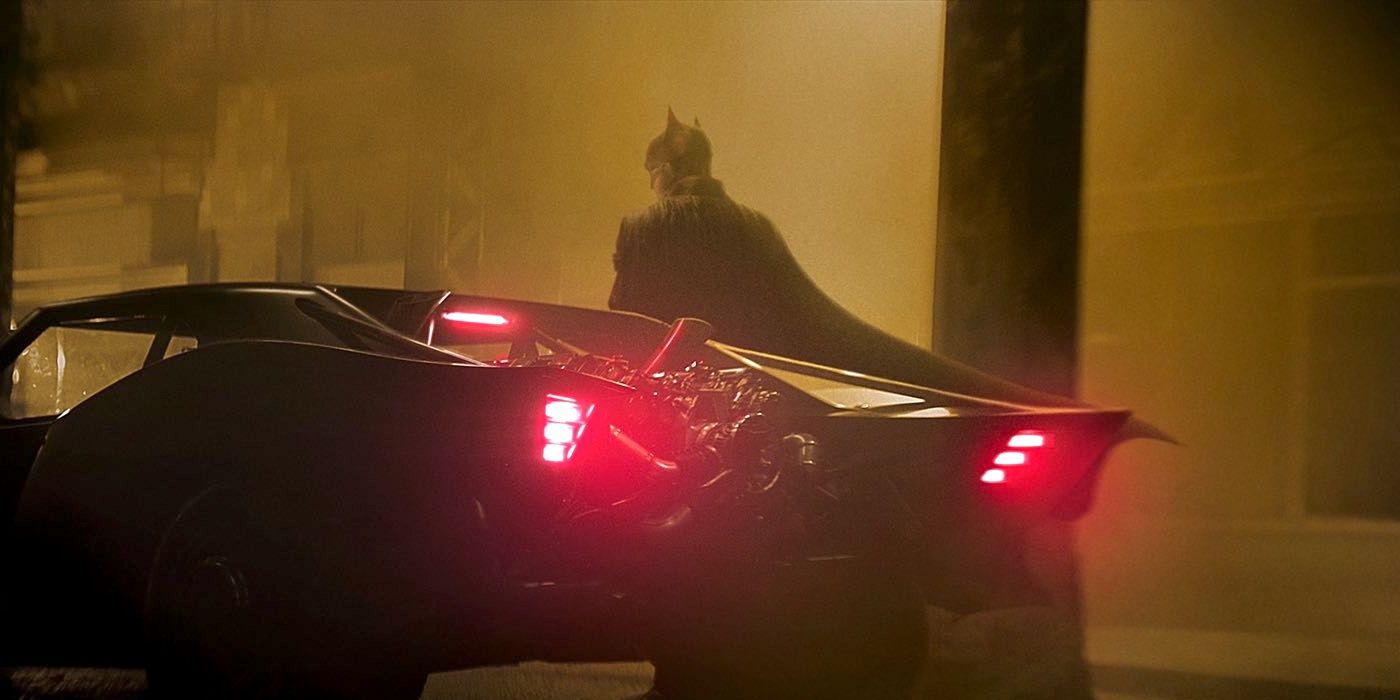Marvel’s new MCU Phase 4 slate is more radical than that of DCEU‘s. Hollywood and the entertainment industry at large is but one of many aspects of life that have been hit badly by the coronavirus pandemic. It is estimated that, as of March 2020, the global box office has lost over $5 billion in the space of mere weeks, with months of uncertainty ahead thanks to rescheduled releases, postponed film festivals, and shut down productions.
It has become increasingly evident that Hollywood may not have a summer box office in 2020, and people are coming to terms with the growing possibility that the entire year could be a write-off for cinema and theaters, both domestically and worldwide. When the release of the next James Bond movie, No Time to Die, was delayed from April to November of this year, many thought that the choice was too conservative, but now it seems like the savviest move in the business, and everyone is following suit. Disney drastically rearranged their slate, which included making one of their nine-figure blockbusters, Artemis Fowl, a streaming-exclusive title. Paramount moved The Lovebirds to Netflix while Universal gave Trolls World Tour a VOD release.
Warner Bros. recently shifted its schedule, pushing many anticipated titles to 2021. Matt Reeves’s The Batman, which is currently in production lockdown in London, will now open on October 1, 2021, rather than June 25 of the same year. The oft-delayed movie version of The Flash will now drop a month earlier than planned, in June 2022, while Shazam 2 moves to November 2022. Other smaller movies were given new release dates as well, but considering how expansive the DCEU has become, it’s surprising that the scheduled changes aren’t as drastic as Marvel’s.
Marvel Kept Its Schedule The Same – But Pushed Everything Back

Disney had to rethink how to reschedule not only Marvel but every other lucrative franchise they have under their growing umbrella. Their enviable slate of pop culture favorites is what gives them so much power but the responsibility within is also notable. Black Widow moved to November 2020, a slot that was initially reserved for The Eternals. That film is now set for February 2021, the date when fans were set to expect Shang Chi and the Legend of the Ten Rings. That movie is now scheduled for May 2021. Essentially, Marvel has kept its schedule in place and just moved everything one movie back. It’s about as safe a strategy as can be accomplished right now but it also sees them face up against more competition, not just from other studios but from Disney themselves.
It’s as close to the status quo as anyone in Hollywood can attain right now but that doesn’t mean these changes aren’t risky or radical in any way. There’s a reason that Disney has these slates organized to the nth degree many years in advance. It’s about spacing out these major releases – with Marvel now comfortable with dropping three movies a year on average – to give them all enough space to dominate the box office without audiences getting bored. International numbers remain key, especially for crucial regions like Asia where Marvel is a major financial force. Of course, the biggest issue for Marvel is keeping their continuity in place. They’ve spent 12 years carefully crafting a multi-film expanded universe with labyrinthine plotting and scale that has millions of committed fans and gallons of praise for its scope and ambition. It’s not something that can simply be undone and Disney is keenly aware of that. If the pandemic continues well into the summer, then Marvel may have to move everything that much further back and they can’t do it out of order. How many times can they keep bumping an entire franchise back? Because every movie has been pushed back to different dates, it potentially disrupts Marvel’s planned Disney+ shows, which are expected to connect to – and, in some cases, set up – the movies.
Why DC’s New Movie Slate Isn’t As Significant

Warner Bros. had to make a lot of changes, but in terms of their DC movies, the moves made weren’t quite as radical as that of their biggest competition. DC as a franchise has a lot less moving parts to worry about. After their first phase of the DCEU crumbled under the weight of trying too hard to replicate that interconnected expanded universe formula, the series became far more critically and creatively successful by eschewing that mold. Films like Joker and Birds of Prey are helping to pave a new path for them and ultimately it seems far more beneficial for the IP. Currently, The Suicide Squad will be released before The Batman while Shazam 2 is coming out after The Flash.
All of this works because they aren’t dependent on a highly rigid narrative or chronology, so Warner Bros. had more freedom in their changes. Furthermore, the same movies are still releasing in the same years; they’ve just been switched around. The Batman is releasing after The Suicide Squad instead of before – the same for The Flash and Shazam 2. Not much has really changed in the grand scheme of things. Plus, the wait between movies is still relatively the same; Wonder Woman 1984 comes out in August with The Suicide Squad releasing a year later. It was the same situation with Wonder Woman 1984 and The Batman when they were both scheduled for June.
DC’s New Schedule Is Better

Carving out a place in an uncertain Hollywood future is no mean feat and it’s one that every studio, big and small, is dealing with right now. Studios remain committed to theatrical releases because it’s still the biggest way to make money, even during immensely difficult times, so playing smart with these rearranged slates matters more than ever. As it stands, Warner Bros. has managed to do a pretty good job in keeping their DC films well-scheduled. The Batman is now in the same slot that was reserved for Joker last year and that worked out extremely well for everyone involved as the movie grossed over $1 billion worldwide, not to mention it’s been teased that Batman releasing in October would be better for the story (and the mood).
Shazam 2 coming out in November 2022 gives it some space from Black Adam, which was initially getting a release just a few months before – considering that both are part of the same franchise, a little breathing room would be good for both projects. 2020 isn’t bereft of DC either, as Wonder Woman 1984 remains, for now, settled on August 14. If that movie does need to move once more – and, frankly, it’s not an impossibility – then it has the freedom to do so without disrupting any continuity or the like. DC has a sturdy advantage here over their competition, but right now, matters remain too uncertain to call victory just yet. Plus, these changes allow The Flash to release slightly earlier and Aquaman 2 to remain unchanged.




